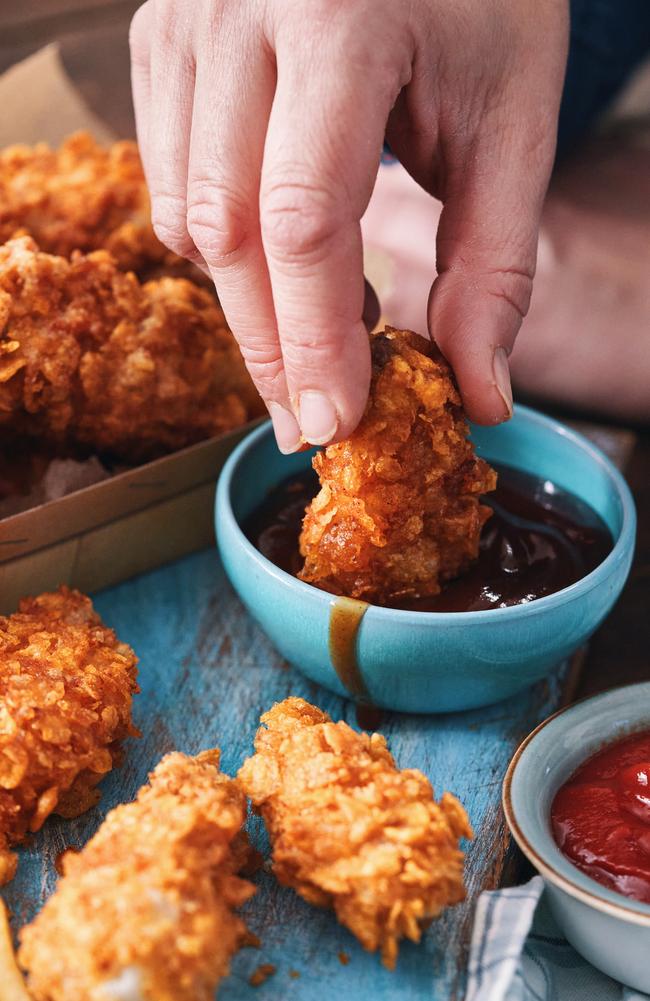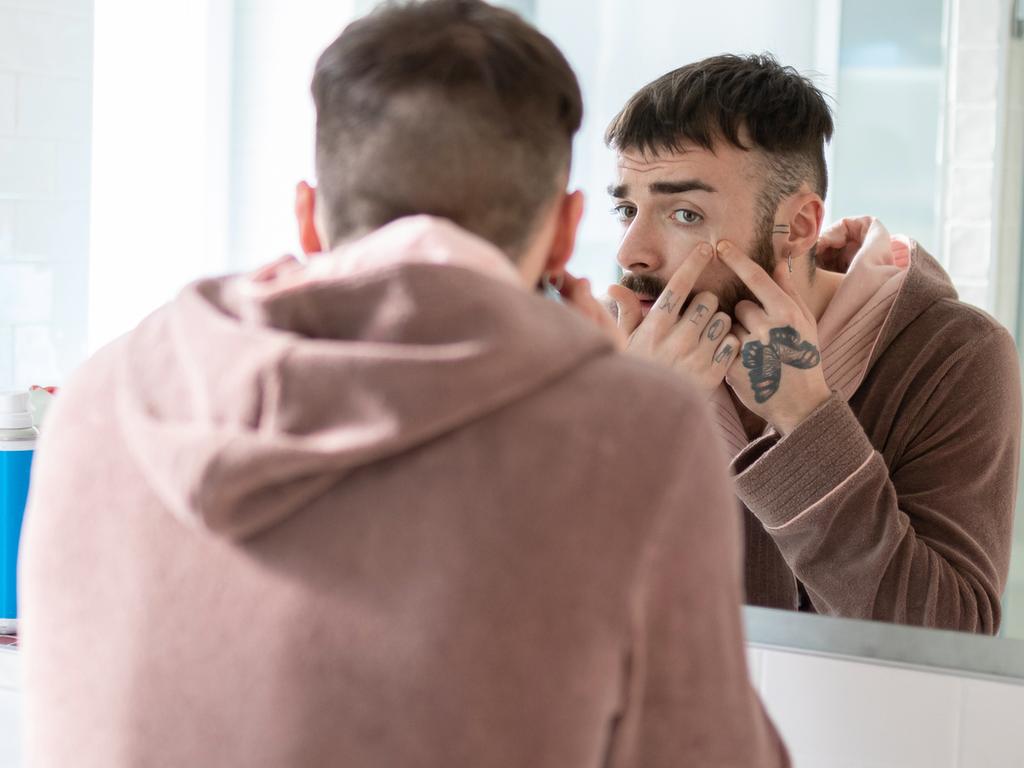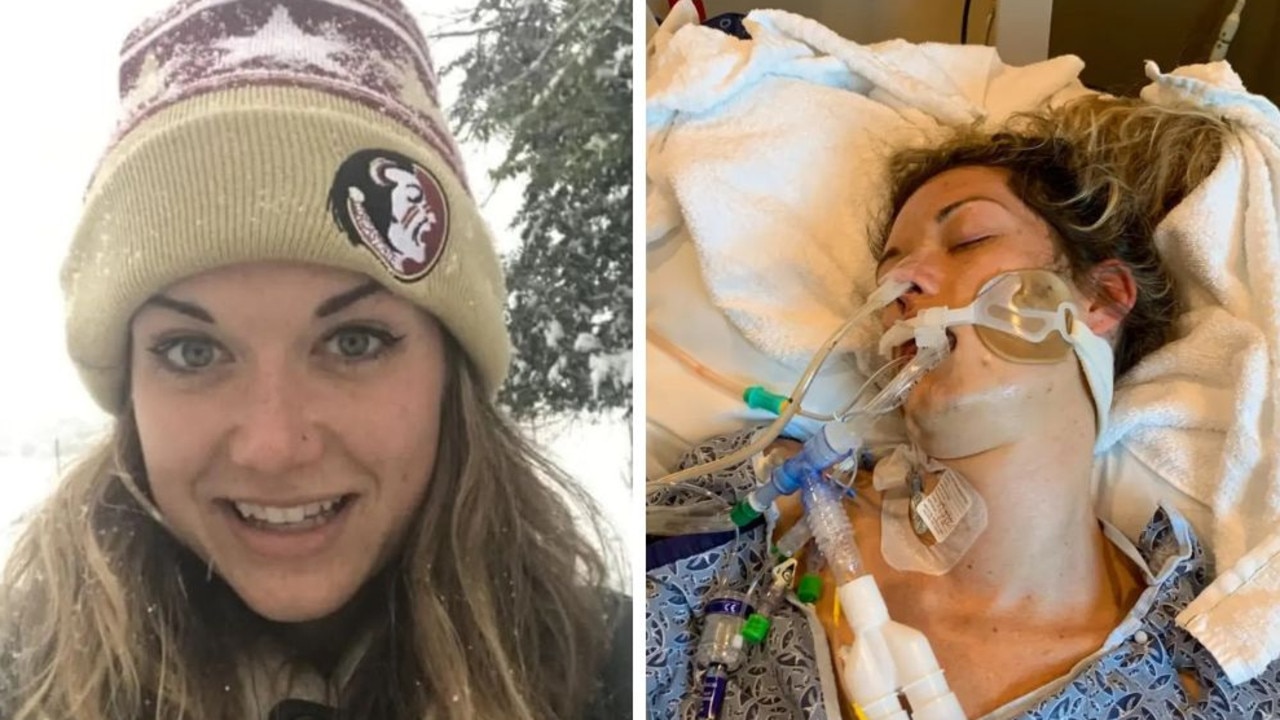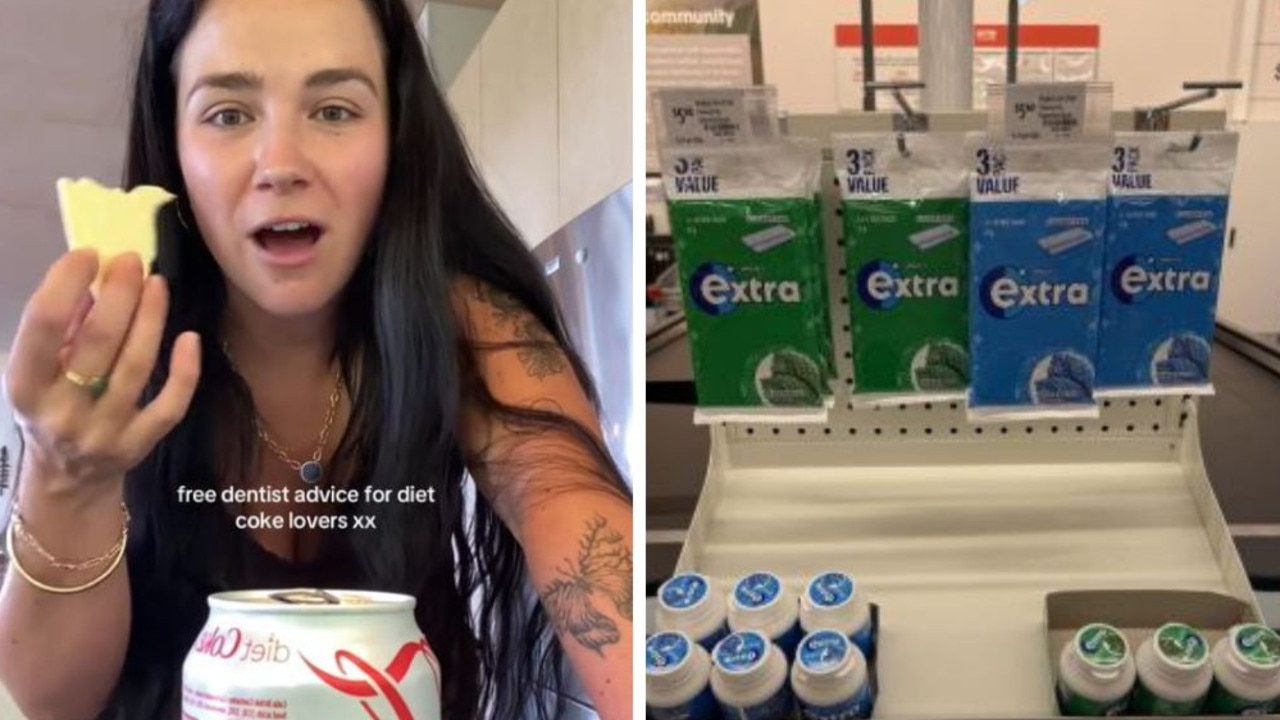Signs your lunch could mess with your skin
If you’re struggling with acne or poor skin, it may be time to stop focusing on the creams and worry more about what’s on your fork.

Welcome to Ask Doctor Zac, a weekly column from news.com.au. This week, Dr Zac Turner answers a question about gut health.
QUESTION: “My ‘almond mum’ loves to tell me that my ‘gut health’ is linked to my acne. I don’t believe her, she keeps trying to feed me sauerkraut and tell me it will fix my skin. Is she correct? Is gut health linked to acne? What else causes acne?” — Thomas, Torquay VIC
ANSWER: You may need to cut your almond mum some slack, Thomas. There are some known links between what you eat or drink, and how your skin looks. I like to think of it as two brains — gut brain, and head brain.
Our gut harbours a complex community of over 100 trillion microbial cells which influence physiology, metabolism, nutrition and immune function. Poor gut health has been linked with gastrointestinal conditions such as inflammatory bowel disease and obesity.

While we cannot use one specific measure for our gut health, some signs that you may have poor gut health include:
• Digestive symptoms — such as gas, bloating, constipation, diarrhoea and heartburn
• Sleep disturbances or fatigue
• Mood/emotional state — such as high stress, low mood or anxiety
• High frequency of infectious illnesses — such as the common cold
Creams and light therapy can only do so much, especially when the real problem is inside your stomach. Poor gut health could be the link to your bad skin. Poor gut health, and especially a build-up of toxins in the gut due to poor detoxification, often manifests with non-gut symptoms, such as poor skin, breakouts and acne.
Foods you can eat that improve gut health include probiotic foods like water, coconut or goat’s kefir, sauerkraut, apple cider vinegar, organic cottage cheese, pickled/fermented vegetables, olives and capers in brine, kimchi, kombucha, tempeh, and miso.
The worst foods for your gut include:
• Refined sugar found in soft drink and processed foods
• Artificial sweeteners
• Non-organic meat with hormones
• Refined grains such as white bread, white rice, and pastas
• Fried foods
Hydration is key to flushing out toxins and keeping your skin elastic and healthy.
Acne is a result of the sebaceous glands in your skin producing an excess amount of sebum — which is an oil that lubricates hair and skin. The sebum then mixes with sweat, dirt, and dead skin cells, which become trapped in the pore itself. When the mixture rises to the top layer of your skin, it starts turning white. If the clogged pore is exposed to air it turns into a blackhead.

There’s a whole list of possible factors which contribute to pimples or acne, these include sand, dirt, sweat, saltwater, chlorine, and sunscreen.
Take dairy for example. Dairy is very common in flaring up some people’s reactive rosacea acne. Whey and casein proteins are found in cow’s milk, which is the base ingredient in all dairy products. These two proteins stimulate hormone production in cows, and surprise, it causes the same in humans. Extra hormones lead to extra sebum production leading to acne flare ups.
Other known causes include:
• Stress and anxiety — cortisol production from stress is linked to acne flare ups. Feel good, look good.
• Sunburn — damaged skins causes excess oil production leading to clog pores.
• Frequent touching of skin — don’t touch your face, your hands are dirty! Best advice for those with acne is to refrain from touching your face entirely.
Got a question? Email: askdrzac@conciergedoctors.com.au
Dr Zac Turner is a medical practitioner specialising in preventive health and wellness. He has four health/medical degrees – Bachelor of Medicine/Bachelor of Surgery at the University of Sydney, Bachelor of Nursing at Central Queensland University, and Bachelor of Biomedical Science at the University of the Sunshine Coast. He is a registrar for the Australian College of Rural and Remote Medicine, and is completing a PhD in Biomedical Engineering (UNSW). Dr Zac is the medical director for his own holistic wellness medical clinics throughout Australia, Concierge Doctors.






